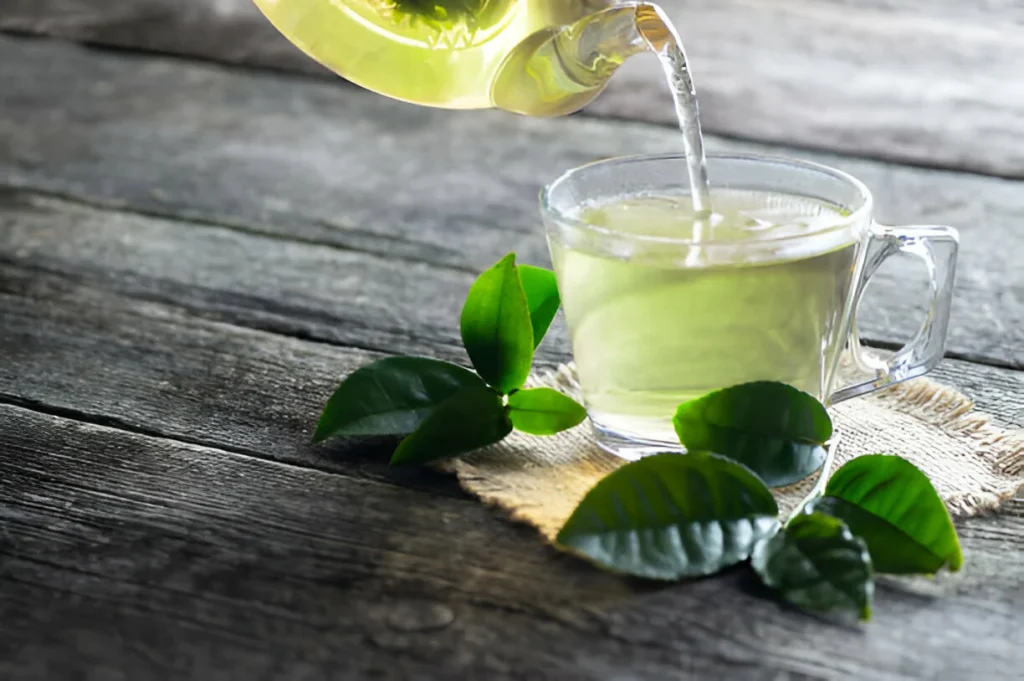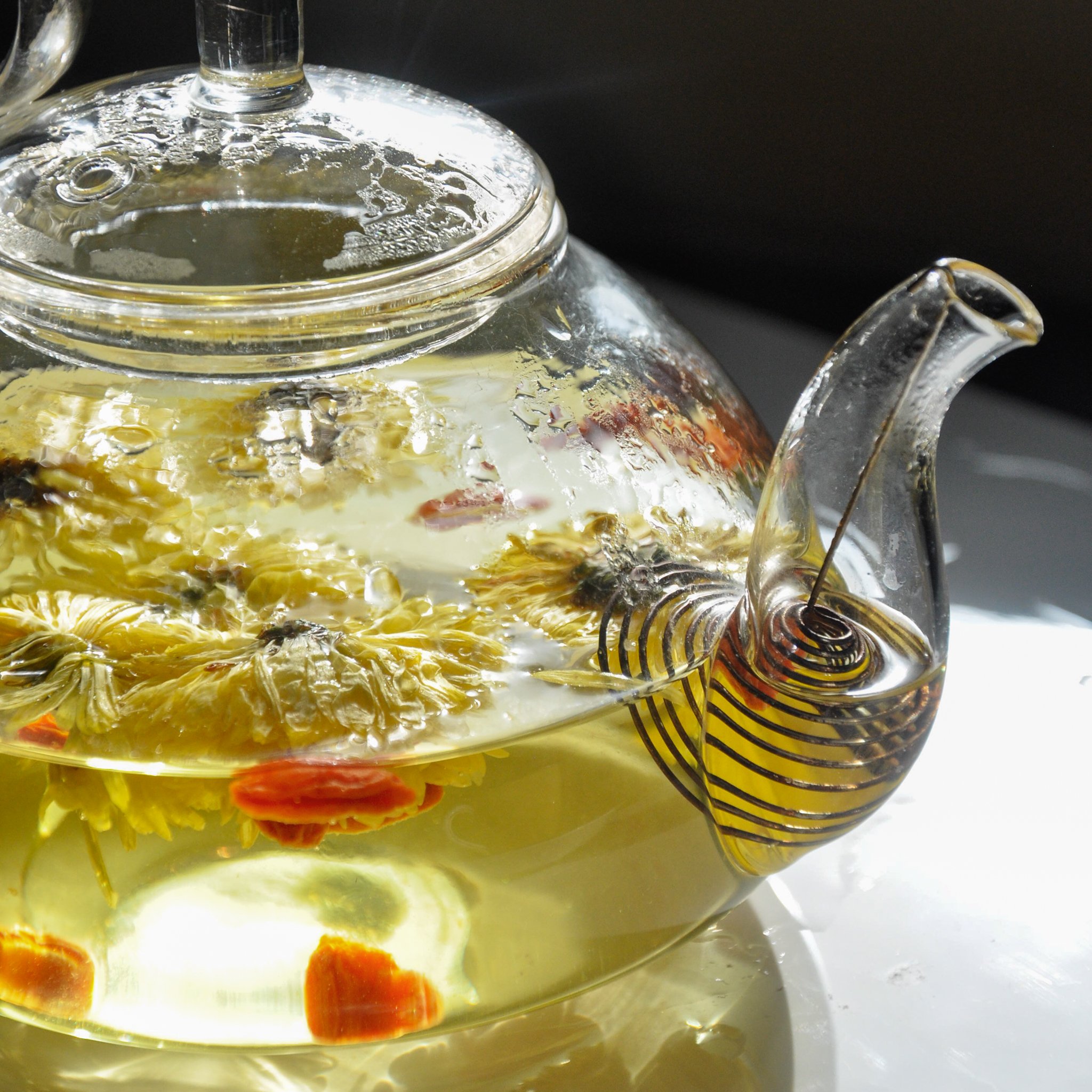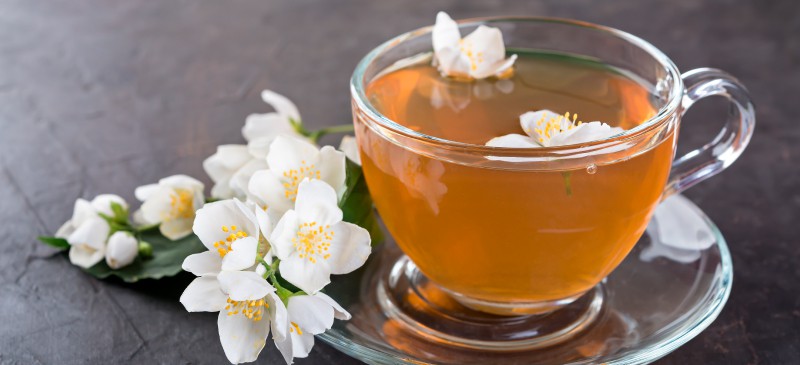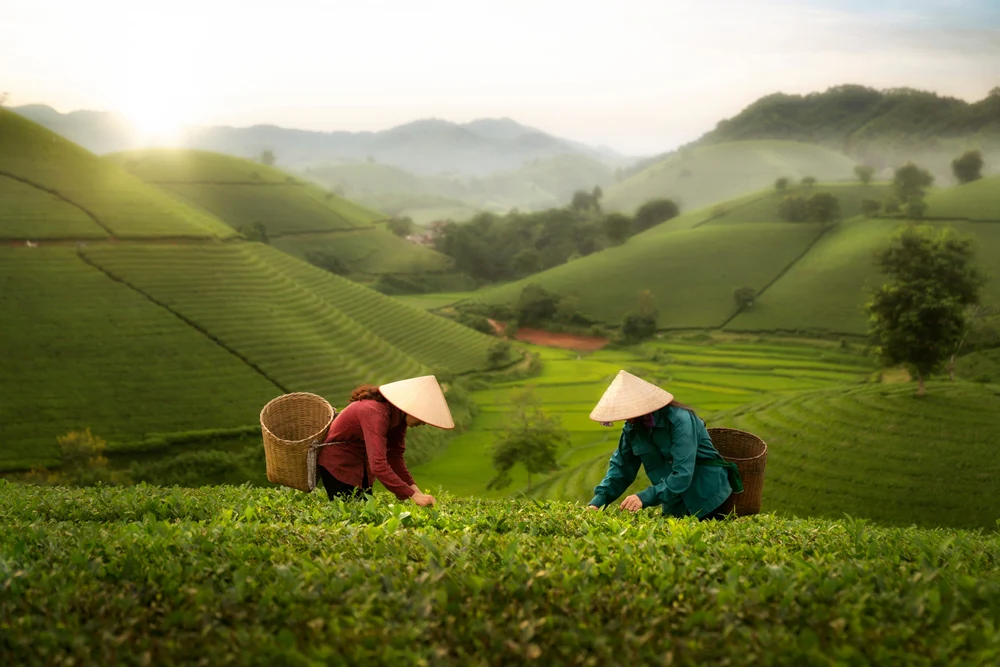Yes, green tea contains caffeine, but the amount is generally lower compared to coffee and other types of tea like black tea. The caffeine in green tea provides a gentle energy boost and is often paired with other naturally occurring compounds like L-theanine, which helps create a calming and focused effect. Let’s explore the details of green tea’s caffeine content, its effects, and how it compares to other beverages.
How Much Caffeine is in Green Tea?
The caffeine content in green tea varies depending on factors such as the type of green tea, how it is processed, and how it is brewed. On average, green tea contains about 20-50 mg of caffeine per 8-ounce cup, but specific varieties may fall outside this range.
Here’s an approximate comparison:
- Matcha: 60-70 mg (since the whole leaf is consumed)
- Gyokuro: 40-50 mg (a shaded Japanese green tea)
- Sencha: 20-30 mg
- Bancha: 10-20 mg (lower caffeine content due to maturity of leaves)
For context, an 8-ounce cup of coffee contains about 80-100 mg of caffeine, while black tea contains about 40-70 mg.
What Influences the Caffeine Content in Green Tea?
Several factors determine how much caffeine is present in your cup of green tea:
- Type of Green Tea:
- Shade-grown teas like Matcha and Gyokuro have higher caffeine levels because shading increases the caffeine content in the leaves.
- Leaf Age:
- Younger leaves and buds (used in premium teas) contain more caffeine than older, mature leaves.
- Processing Method:
- The minimal oxidation and steaming/pan-frying process in green tea help retain its natural caffeine content.
- Brewing Method:
- Higher water temperatures and longer steeping times extract more caffeine.
- To reduce caffeine, use cooler water (70–80°C or 158–176°F) and brew for a shorter time (1-2 minutes).
Caffeine in Green Tea vs. Other Beverages
Here’s how green tea’s caffeine content compares to other popular drinks (per 8-ounce cup):
- Green Tea: 20-50 mg
- Black Tea: 40-70 mg
- Coffee: 80-100 mg
- Energy Drinks: 70-200 mg
- Decaf Coffee: 2-5 mg
- Herbal Tea (e.g., chamomile): 0 mg
Effects of Caffeine in Green Tea
The caffeine in green tea provides several benefits without the intense stimulation often associated with coffee:
- Gentle Energy Boost:
- Green tea offers a moderate amount of caffeine, helping you feel alert without the jitters or crash commonly caused by coffee.
- Improved Focus and Relaxation:
- Green tea contains L-theanine, an amino acid that promotes relaxation and reduces stress. Combined with caffeine, it enhances focus and mental clarity.
- Metabolism Support:
- Caffeine in green tea, along with catechins, can help boost metabolism and support fat burning.
- Cognitive Benefits:
- Studies suggest that the caffeine and antioxidants in green tea may improve memory, focus, and overall cognitive performance.
Who Should Be Mindful of Green Tea Caffeine?
While green tea contains less caffeine than coffee, some individuals may need to limit or moderate their consumption:
- Caffeine Sensitivity:
- People sensitive to caffeine may experience jitters, restlessness, or difficulty sleeping. Opt for low-caffeine green teas like Bancha or decaffeinated varieties.
- Pregnant or Breastfeeding Individuals:
- It’s recommended to limit daily caffeine intake during pregnancy to 200 mg or less. Green tea can still be enjoyed in moderation.
- Anxiety-Prone Individuals:
- Caffeine can exacerbate anxiety symptoms. Combining green tea with mindfulness techniques can help counteract these effects.
- Sleep Issues:
- Avoid drinking green tea late in the day if caffeine disrupts your sleep.
Caffeine-Free Green Tea Options
For those who want to enjoy green tea without caffeine, there are decaffeinated green tea options. These teas retain most of the flavor and health benefits but have minimal caffeine content. Another alternative is herbal teas, which are naturally caffeine-free and provide soothing flavors and benefits.
Conclusion
Yes, green tea does contain caffeine, but its moderate levels make it an excellent choice for those seeking a balanced energy boost without the overstimulation of coffee. With its unique combination of caffeine and L-theanine, green tea promotes both alertness and relaxation, making it a versatile beverage for any time of day. By understanding the factors that influence its caffeine content, you can tailor your green tea experience to suit your preferences and needs.






